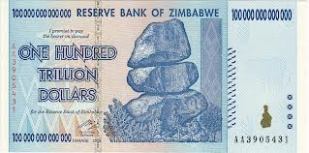The Malawian people are, without doubt, its greatest asset: friendly and welcoming to a fault. Every visitor is met with a smile and the warmth of the welcome is genuine and long-lasting. With a population of a little more than 14 million, Malawi is one of the more densely peopled countries of this part of Africa. Most of the population is rural, living largely in fascinating traditional villages. Many of today’s Malawians are descendants of the Bantu people who moved across Africa and into Malawi for hundreds of years up to the fifteenth century.
Tribes
There is a rich cultural mix in Malawi with the Chewa being the most numerous tribe. Others include the Yao, the Nyanja and the Maravi. In the north the Tumbuka are prominent. Each tribe has contributed to the modern Malawi scene, whether it be in dress or dance or language. Masks are commonly used in various dances and ceremonies and these are usually tribe-specific, the best known being the Gule Wamkulu, performed by the Nyau of the Chewa. Traditional (African) doctors still attract many people and the two main ‘modern’ religions, Christianity and Islam, frequently exhibit a continuing adherence to traditional beliefs.




